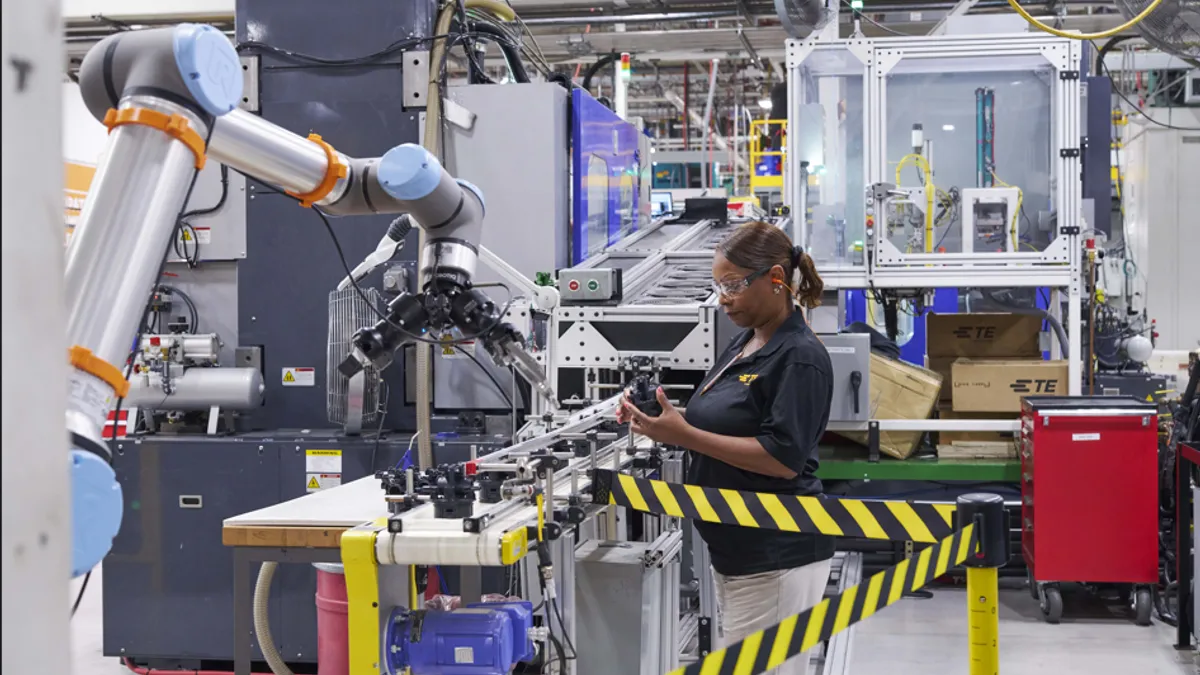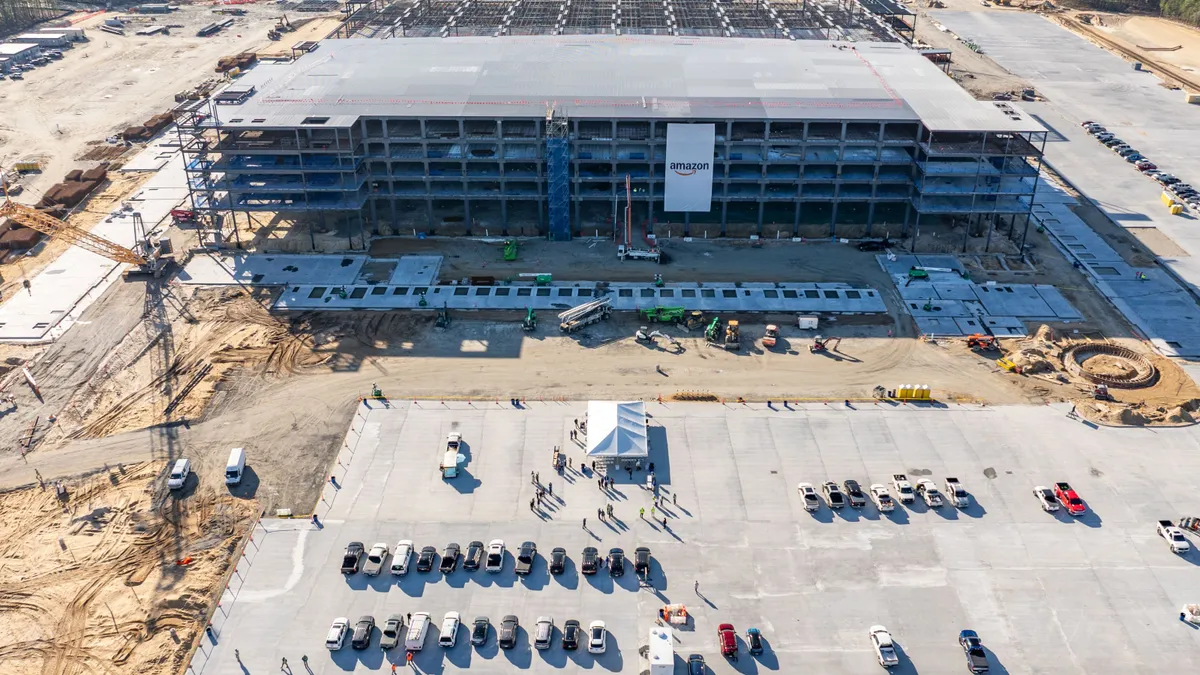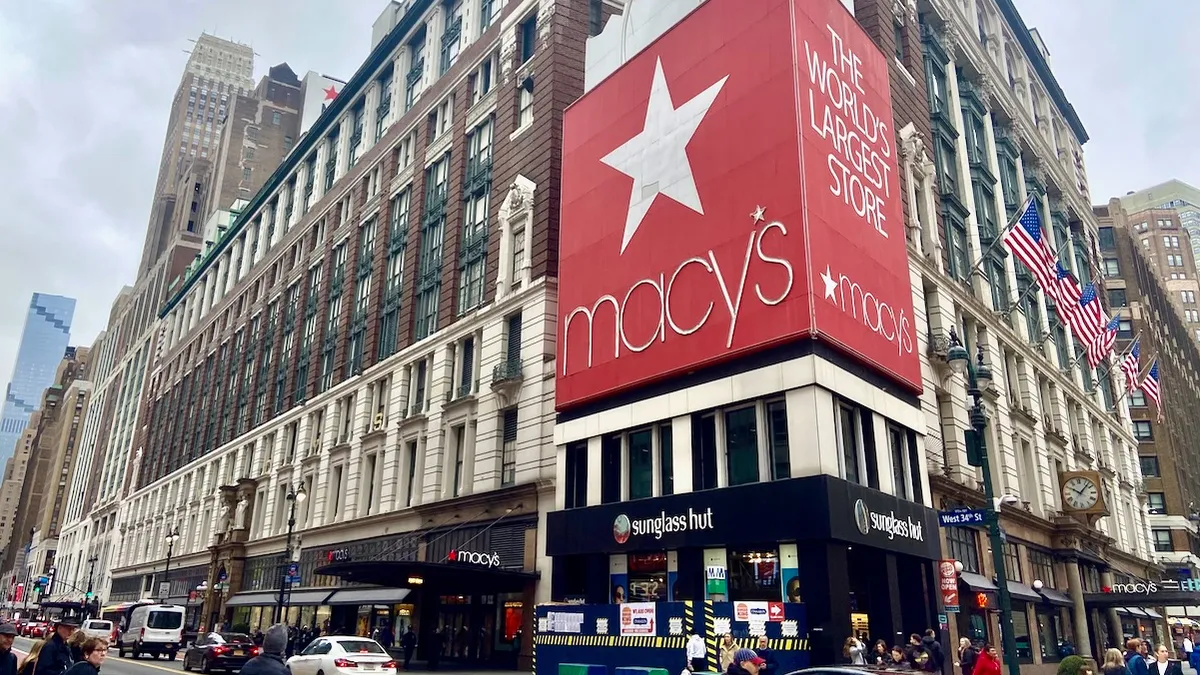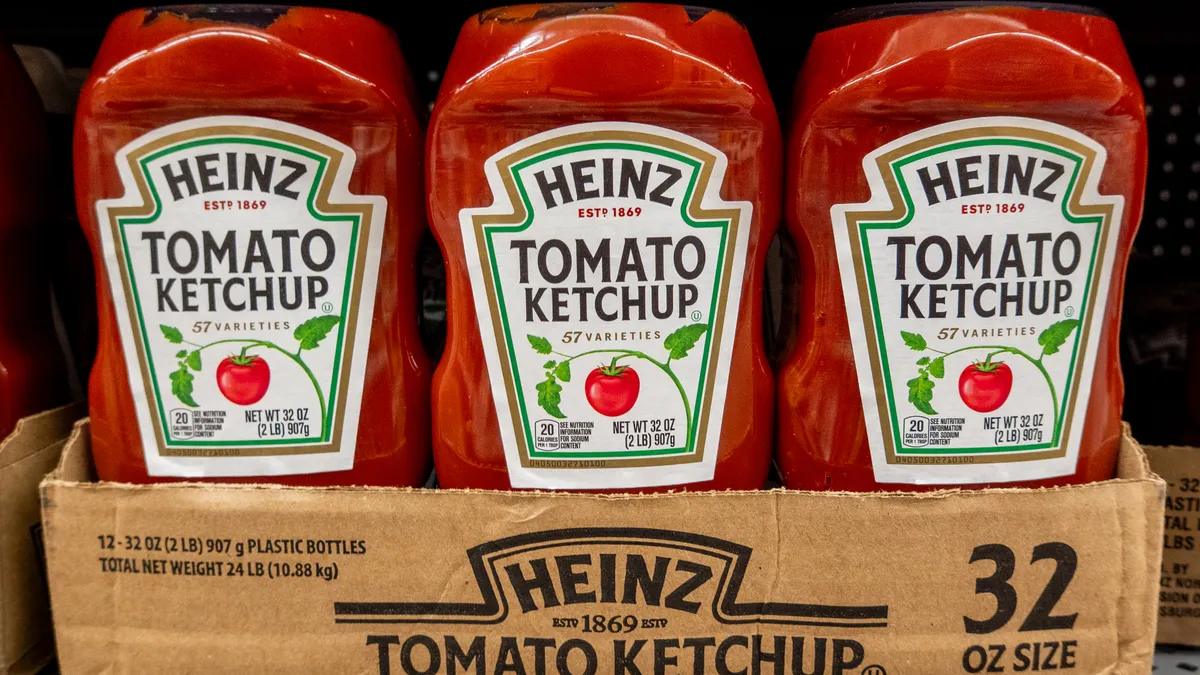Supply chains are constantly changing as new rules, technologies, resources and market trends transform operations. Here's a skim of the week's indexes, technology announcements, expansions and M&As from around the web.
In Case You Missed It
- After protests over supply chain abuses, Georgetown University cut its contract with Nike.
- With or without taxes, supply chains foot the bill for infrastructure maintenance.
- Visibility can help retailers diminish risk of returns or damaged delivery.
Market Snapshot
The Cass Freight Transportation Index noted November volumes fell slightly year-over-year, but not enough to affect recent optimism about an improved market.
Consumer spending appears to be recovering slightly, too, as the rate of contraction continues to decrease month by month. In other words, spending and volumes are still down from last year, but at least the rate of decline is slowing.
The trend is also reflected in the truckload market, according to Swift Transportation. Volumes may be up, but truck rates are not rising respectively, the Journal of Commerce reports. The FTR's Trucking Conditions Index for October supports this claim as it shows carrier capacity is tightening.
Another bit of good news came from the American Trucking Associations this week, as it announced trucker turnover within large truckload fleets were at a five-year low. Turnover has long been seen as an endemic inefficiency within the industry, acting inversely proportional to the direction the economy is moving.
The Bureau of Labor Statistics found in its most recent Freight Transportation Index that October's rise in volumes was driven by growth in trucking and rail intermodal shipments, although increased employment, retail sales and personal income contributed as well.
Finally, industrial real estate firm JLL predicts the positive trends in consumer spending will lead to further demand and growth in logistics real estate next year, American Shipper reports.
Technically Speaking
The IEEE Computer Society predicts self-driving cars, machine learning technology, industrial IoT, blockchain (beyond Bitcoin), and "sensors everywhere" would be largely adopted next year, according to its annual "Future of Tech" predictions.
These predictions should come as no surprise to supply chain managers: 2016 has seen industrial technology make large strides to bring self-driving heavy duty trucks, cognitive technology and IoT to the market.
In fact, this past week the Department of Transportation proposed a rule that would mandate that all light vehicles include Vehicle-to-Vehicle technology. The proposed rule, widely hailed by automakers, will accelerate the proliferation of IoT — or, in other words, sensors will be everywhere.
The technology is also "highly complementary" with the development of self-driving technology, as it would help prevent accidents occurring from human actions that breach current line-of-sight technology.
In addition, FusionOps recently launched a new line of cognitive applications on their platform, which includes a "Supply Chain Actions" feature that would allow the application to automatically recommend actions, which include checking in on a supplier.
And while blockchain technology has yet to be fully embraced, Supply Chain Dive has previously reported blockchain implementation in this column.
In other news, Truck Parking Europe promised to launch a new app, Truck Parking USA, that will help drivers locate available truck stop parking while accounting for hours of service; Amazon completed its first commercial drone flight; Hudson Bay announced its Pottsville, PA facility would be 12 to 15 times faster next year, as it integrates robots; and 10-4 announced an Oracle integration.
Breaking Ground
ASOS is taking advantage of the post-Brexit fallout of the British pound. Internet retailer reports the online-only retailer will expand its manufacturing capacity in the U.K., as a weak pound and high non-U.K. sales cheapen labor in the country.
DHL Supply Chain opened a new, 387,500-square-foot distribution center for Sanofi nearby Sao Paulo, Brazil. The space will be able to hold nearly 50,000 pallet positions, American Shipper reports.
The largest airport in South Korea is expanding its logistics capacity with a new 4.41 million square-foot facility, focused primarily on the storage and transport of perishable goods.
Investing in facilities near transportation hubs can save money, as the Port of Wilmington Cold Storage shows. With a 101,000 square foot refrigerated in-port facility in North Carolina, the facility reportedly helps shippers pack 5% more products in containers by not having to worry about truckload weight regulations.
project44 moved into a new office Chicago, which is triple the size of its previous space. The company chose Chicago due to its nature as one of the nation's freight, tech and startup hubs, according to a statement sent to Supply Chain Dive.
Mergers & Analysis
Last week we questioned whether ports would be the next to consolidate, as changes in the shipping industry increase the pressures on terminal operators. While the state-run nature of ports may dismiss the possibility of widespread mergers, increased collaboration and shifts in terminal ownership are likely.
The South Carolina Ports Authority is a pioneer on this front — its efforts to become a major post-Panamax gateway have frequently involved collaboration with other ports. Most recently, the Journal of Commerce reported the Port of Charleston was looking to form an alliance with another Southeast Port in order to decrease competitive pressures.
Hyundai Merchant Marine failed to join the 2M alliance, but was able to negotiate a slot exchange to help the beleaguered shipping line repay its debt. The line is also dropping its bid for a Hanjin terminal at the Port of Los Angeles to further strengthen its business fundamentals.
Bulk shipping line Asia Maritime Pacific concluded its merger with Sono Shippping, upping the carrier's capacity to 35 vessels and a new office in Texas, Splash 24/7 reports.
The creation of a new 4PL is a case in point for the growing popularity of supply chain as a service. Tompkins International, Kenco Logistics, NFI Interactive and JDA Software established MonarchFX to help "combat Amazon" and bring supply chain expertise to retail clients.
The industry moving supply chains is ripe for an investment overhaul, as President-elect Trump has promised to prioritize infrastructure investments. In light of this, the Blackstone Group is reportedly considering starting a business to invest exclusively in infrastructure projects.






















